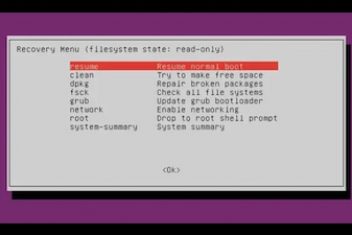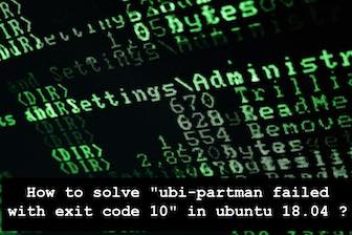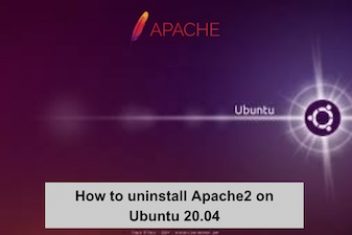So, you’ve decided to learn how to code. Now what? Well, the best way to get more info on the topic is to do what everybodydoes in this day and age: ask Google. However, Google doesn’t really know your intentions, your current skills when it comes to coding, and the type of projects you may want to work on once you become proficient.
In fact, chances are you’re still figuring things out, which is why a Google search can be scary. A simple query will return millions of results in different formats, that promise you’ll become the best programmer ever in a few short months. And while this is possible, it’s a thorny path that makes beginners anxious.
That’s why we did a bit of research and asked a few self-made programmers about their journey as beginners. According to them, here are some of the best steps to follow when you start from scratch.
Read: Ways to Protect Your Open-Source Software from Vulnerabilities During Development
Try Hour of Code Resources
Hour of Code (in short, HOC) is a global movement that started in 2013 as a way to show students that coding is not that difficult to learn. The event was so successful at the time as it continued each year and now the platform offers a wide range of tutorials, apps, and games that help children, teenagers, and adults everywhere .
Most tutorials follow the 1h format, but you’ll also find interesting Hour of Code games and other apps that may pique your interest and keep you learning. Regardless of the path you take, the platform also offers guidance towards other reliable resources, which is why we consider it a great start.
Still, it’s important to keep in mind that these resources don’t teach you a specific language. They are designed to help beginners discover the basic structure of a computer program and how various elements fit together.
Read: Outdated and Outmoded: The Legacy of Obsolete Programming Languages
Choose your Path
Once you start to understand the basic concepts and how computer code works, you’ll have to choose the programming language that best fits your goals. This step can be a bit difficult since there are lots of cool and interesting languages. So, to narrow things down, start by identifying the type of projects you want to work on in the future.
For instance, if you want to:
- Build simple websites – start with HTML and CSS
- Build interactive sites – JavaScript, PHP, SQL, and Python
- Work with & develop mobile apps – Java and C++
- Any other type of project – consider Python, JavaScript, C#, and C++
If you’re still undecided, here’s a helpful infographic to guide your thoughts.
Work, Work, Work
You don’t learn how to code by reading a book or by watching a tutorial! You learn by doing, and beginners need to put in a lot of hours before they can write a decent piece of code.
Luckily, the Internet is filled with all sorts of resources and guidelines (free) that you can use to understand various aspects of the language you selected. In addition, there are platforms like Udemy, Coursera, CodeAcademy and CodaKid that offer coding for kids where you can take online classes and learn the ropes.
And, when things don’t go as planned (and in most cases, they won’t), start digging for a solution. This is where Google will become your best friend if you know what you’re searching for. In time, you’ll build a portfolio of platforms, forums, and other resources that will be of help when nothing else seems to work.
In short, as a beginner in coding, you need patience, a drive for problem-solving. and lots of creativity. As long as you keep practicing and learning, your skills will become sharper and you’ll slowly climb to a better level without even noticing.
Author: Rob Turner, rob[@]thecopywriter.io
If you like the content, we would appreciate your support by buying us a coffee. Thank you so much for your visit and support.



